Organic Agriculture or Organic Farming is the most widely recognised alternative farming system, which avoids or largely excludes the use of agrochemicals (synthetic fertilizers, pesticides, growth regulators, etc). It is gaining gradual momentum across the world, and growing awareness of health and environmental issues in agriculture although it was initiated before 10,000 years back in India when the farmers started cultivation depending on natural resources only. It is the production management system which promotes and enhances agro-ecosystem health, including biodiversity, biological cycles and soil biological activity. This is accomplished by using agronomic, biological and mechanical methods as opposed to using synthetic materials, to fulfill any specific function within the systems, which rely upon crop rotations, crop residues, animal and other different organic manures, legumes, green manures, vermiculture and vermicomposting, biogas slurry, on-farm and off – farm organic wastes, etc. controlling crop pests organically, maintaining soil health and sustain effort of supplying plant nutrients with profitable crop production.
Contents: Preface. 1. Organic farming. 2. Soils and soil environment for plant growth in organic farming. 3. Status of organic farming. 4. Organic farming in India. 5. Organic farming principle of sustainability, green technology and plant protection. 6. Bio-intensive nutrient management. 7. Other ecofriendly farming systems. 8. Switch over to total pure organic farming in India-whether possible. 9. Post harvest handling for organic crops. Glossary. Selected bibliography. Index.

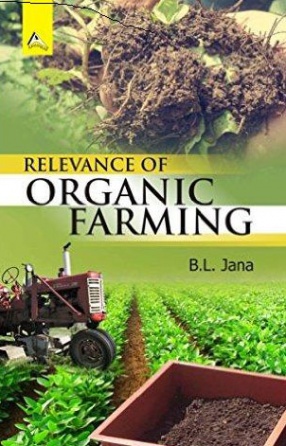
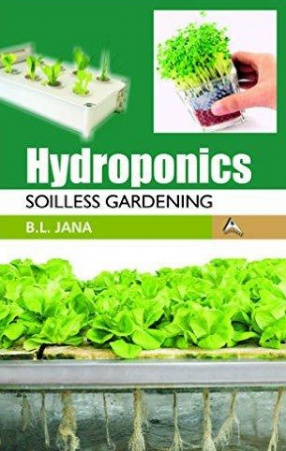
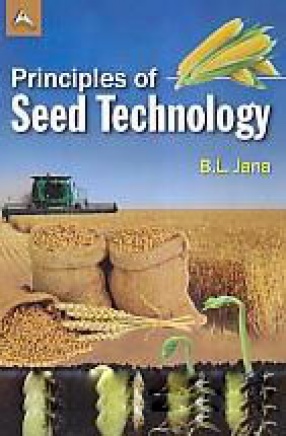
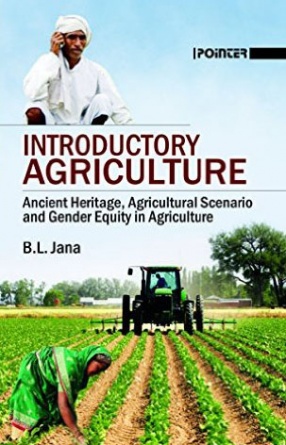


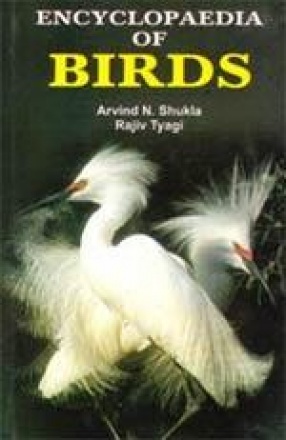
There are no reviews yet.